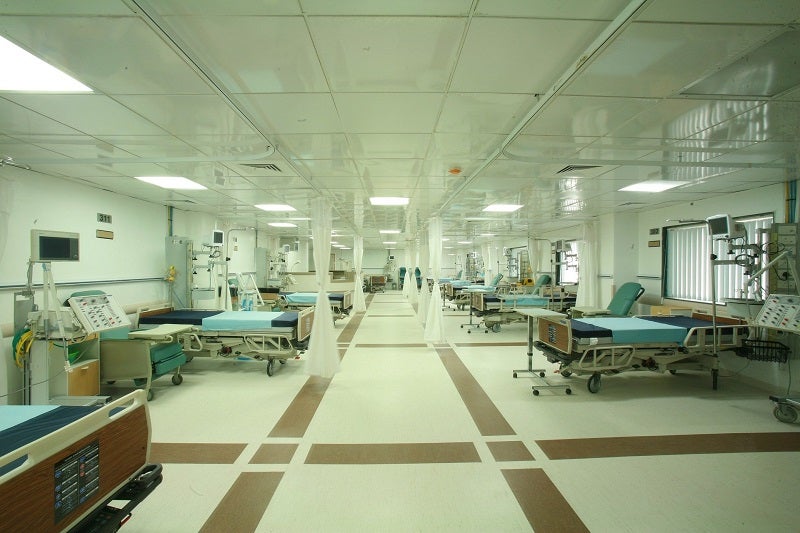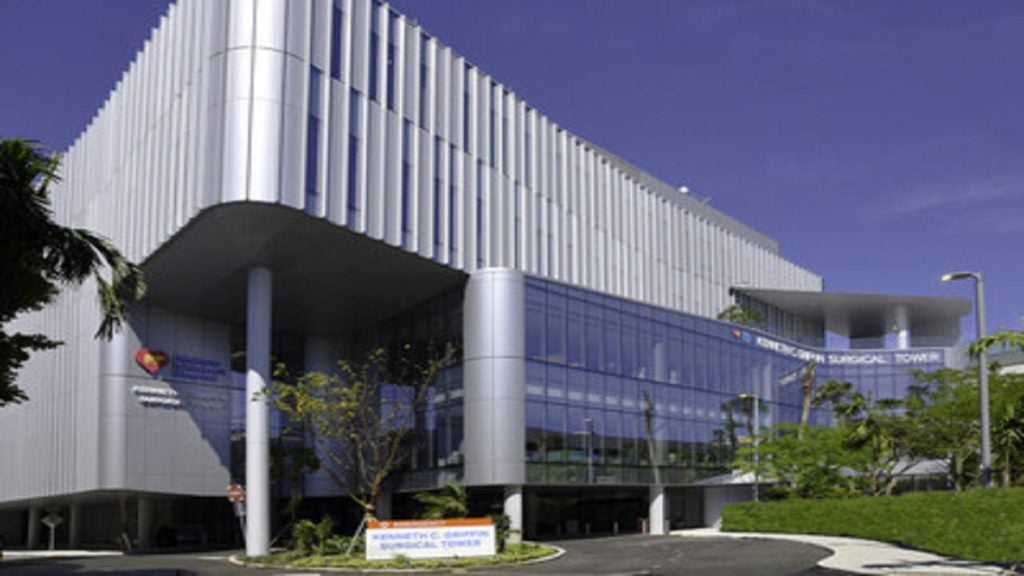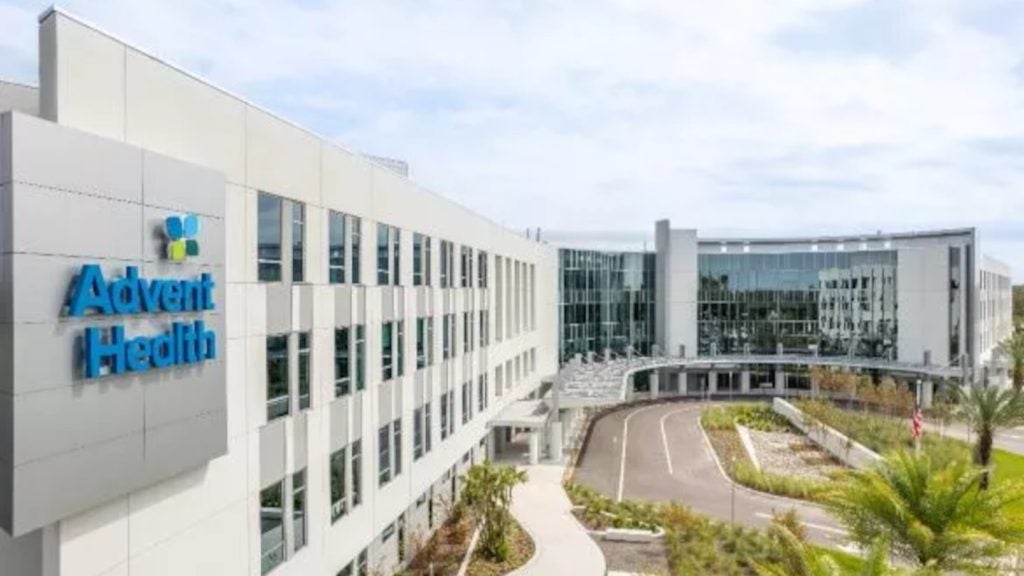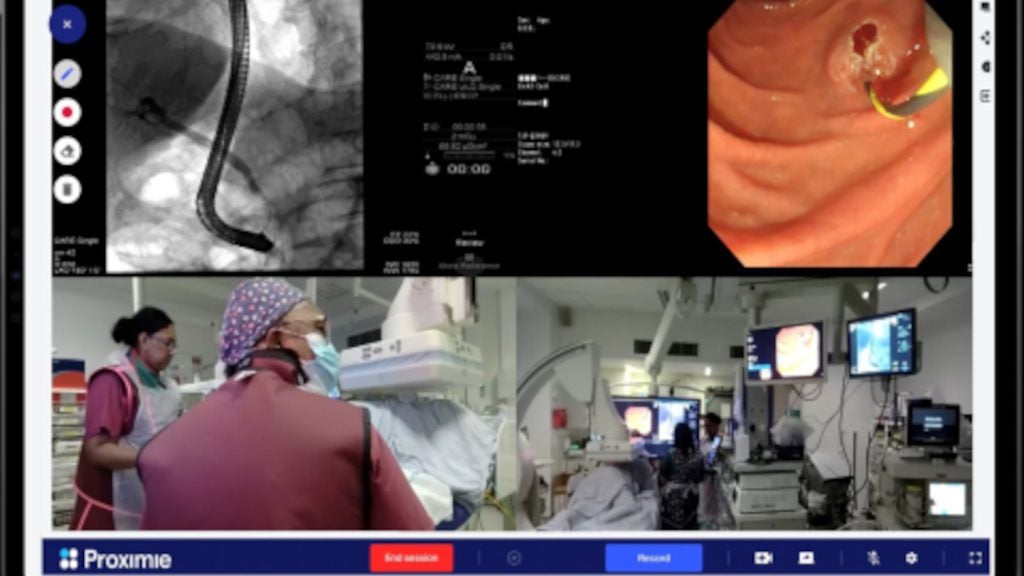
GE Healthcare has collaborated with Apprise Health Insights to launch its automated statewide hospital bed management solution in Oregon, US.
The technology platform called Oregon Capacity System (OCS) will be deployed by Apprise Health Insights across all the hospitals in the state by next summer.
It is claimed to be the first of its kind solution that not only manages hospital data, but also has the ability to provide real-time occupancy information that enables hospitals to maximise resources.
For this deployment, a grant will be provided to Apprise by the US Department of Health and Human Services (HHS).
Prior to the project, which began in March last year, Oregon used to keep track of such information manually.
With the help of OCS, it is now able to track 7,368 beds, nearly 800 ventilators across 60 hospitals, while processing 4.2 million data points each day, without any manual tracking.
How well do you really know your competitors?
Access the most comprehensive Company Profiles on the market, powered by GlobalData. Save hours of research. Gain competitive edge.

Thank you!
Your download email will arrive shortly
Not ready to buy yet? Download a free sample
We are confident about the unique quality of our Company Profiles. However, we want you to make the most beneficial decision for your business, so we offer a free sample that you can download by submitting the below form
By GlobalDataTill date, the system is said to have saved time and money of the participating hospitals and is expected to save even more time as further automation reduces the burden of manual reporting.
Apprise and GE Healthcare are enhancing the system to also keep a track of acute, paediatric, ICU, specialty, rehab and psych bed availability data.
The two firms also aim to track personal protection equipment (PPE), emergency department and extracorporeal membrane oxygenation (ECMO) availability.
GE Healthcare Clinical Command Centers CEO Jeff Terry said: “GE Healthcare Command Centers help health systems to orchestrate patient care, from the bedside to the department and the health system.
“This work extends that impact statewide with a broader set of automated real time data than ever before. This is important to coordinate access and resources through COVID and will be important for getting patients the care they need long after the pandemic.”







